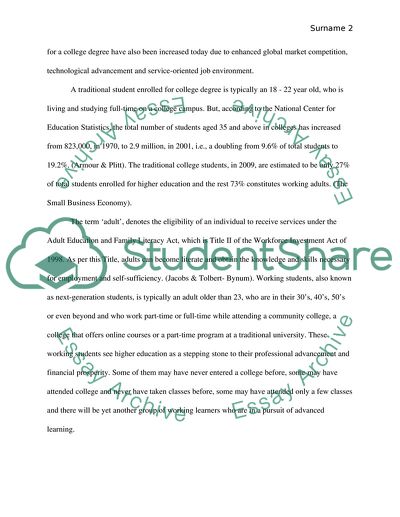Cite this document
(Adults Pursuing a College Degree and the Challenges They Face Research Paper, n.d.)
Adults Pursuing a College Degree and the Challenges They Face Research Paper. Retrieved from https://studentshare.org/education/1762000-adults-pursing-a-college-degree-and-the-challenges-they-face
Adults Pursuing a College Degree and the Challenges They Face Research Paper. Retrieved from https://studentshare.org/education/1762000-adults-pursing-a-college-degree-and-the-challenges-they-face
(Adults Pursuing a College Degree and the Challenges They Face Research Paper)
Adults Pursuing a College Degree and the Challenges They Face Research Paper. https://studentshare.org/education/1762000-adults-pursing-a-college-degree-and-the-challenges-they-face.
Adults Pursuing a College Degree and the Challenges They Face Research Paper. https://studentshare.org/education/1762000-adults-pursing-a-college-degree-and-the-challenges-they-face.
“Adults Pursuing a College Degree and the Challenges They Face Research Paper”, n.d. https://studentshare.org/education/1762000-adults-pursing-a-college-degree-and-the-challenges-they-face.


